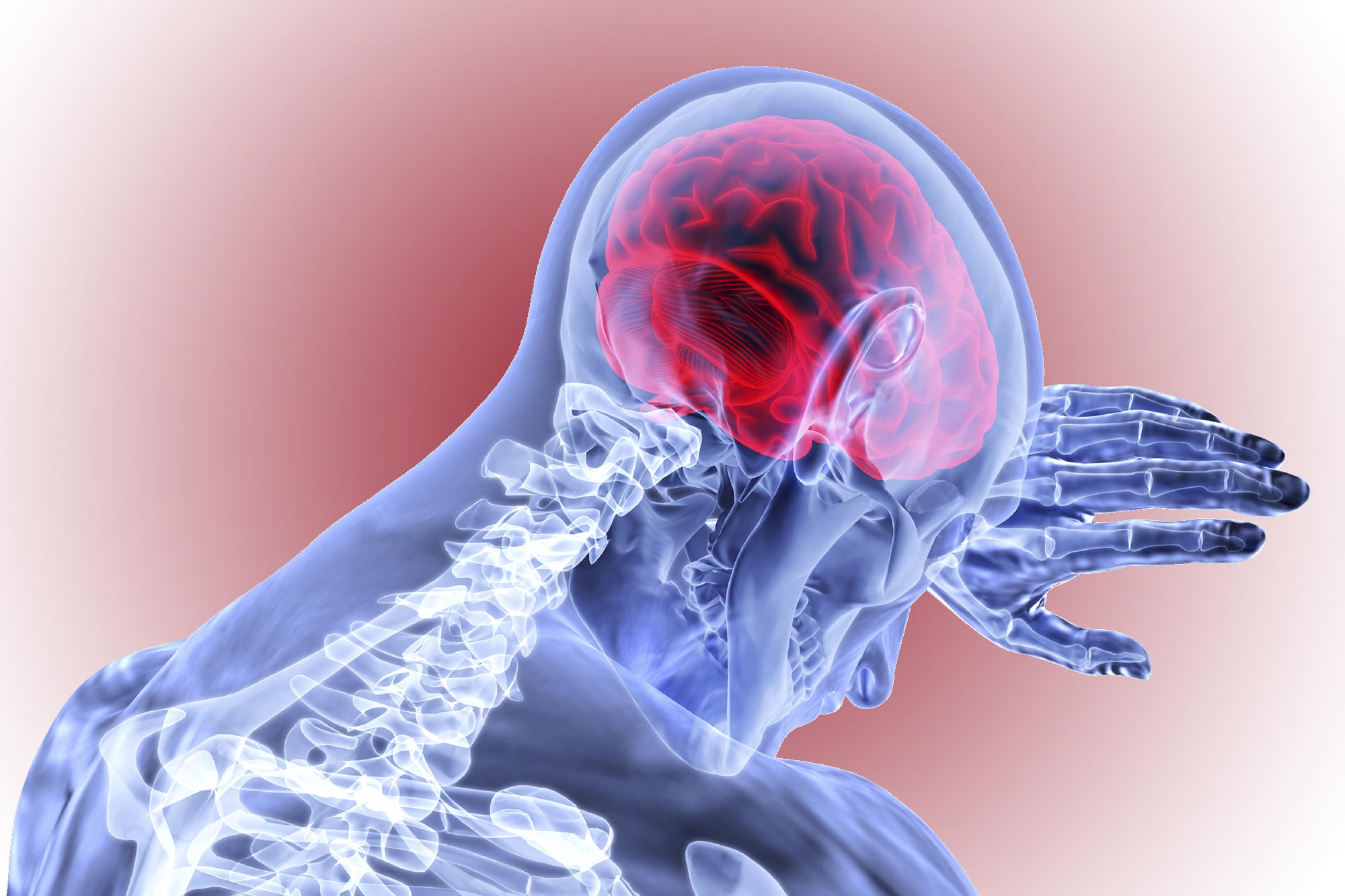
A recent study found an association between insomnia symptoms, such as difficulty falling asleep, staying asleep, or waking up too early, and an increased risk of stroke, especially among individuals under 50 years of age. The research also emphasized that managing insomnia symptoms at a younger age might help in stroke prevention, but it also acknowledged a study limitation that the self-reporting of insomnia symptoms might not be accurate.
New research reveals that individuals below the age of 50 face an even higher level of risk.
Individuals exhibiting insomnia-related signs like difficulties in falling asleep, maintaining sleep, or waking up too prematurely, may stand at a heightened risk of stroke, suggests a study recently published in Neurology, the medical journal of the American Academy of Neurology. The researchers additionally observed a substantially elevated risk amongst individuals below the age of 50. It’s important to note, however, that the study does not confirm a causal relationship between symptoms of insomnia and stroke, but rather it highlights a correlation between the two.
“There are many therapies that can help people improve the quality of their sleep, so determining which sleep problems lead to an increased risk of stroke may allow for earlier treatments or behavioral therapies for people who are having trouble sleeping and possibly reducing their risk of stroke later in life,” said study author Wendemi Sawadogo, MD, MPH, Ph.D., of Virginia Commonwealth University in Richmond and member of the American Academy of Neurology.
The study involved 31,126 people with an average age of 61. Participants had no history of stroke at the beginning of the study.
Participants were asked four questions about how often they had trouble falling asleep, trouble with waking up during the night, trouble with waking up too early and not being able to return to sleep, and how often they felt rested in the morning. Response options included “most of the time”, “sometimes” or “rarely or never.” Scores ranged from zero to eight, with a higher number meaning more severe symptoms.
The people were then followed for an average of nine years. During that time, there were 2,101 cases of stroke.
After adjusting for other factors that could affect the risk of stroke including alcohol use, smoking, and level of physical activity, researchers found that people with one to four symptoms had a 16% increased risk of stroke compared to people with no symptoms. Of the 19,149 people with one to four symptoms, 1,300 had a stroke. Of the 6,282 people with no symptoms, 365 had a stroke. People with five to eight symptoms of insomnia had a 51% increased risk. Of the 5,695 people with five to eight symptoms, 436 had a stroke.
The link between insomnia symptoms and stroke was stronger in participants under age 50 with those who experienced five to eight symptoms having nearly four times the risk of stroke compared to people with no symptoms. Of the 458 people under age 50 with five to eight symptoms, 27 had a stroke. People age 50 or older with the same number of symptoms had a 38% increased risk of stroke compared to people with no symptoms. Of the 654 people 50 and over with five to eight symptoms, 33 had a stroke.
“This difference in risk between these two age groups may be explained by the higher occurrence of a stroke at an older age,” Sawadogo added. “The list of stroke risk factors such as high blood pressure and diabetes can grow as people age, making insomnia symptoms one of many possible factors. This striking difference suggests that managing insomnia symptoms at a younger age may be an effective strategy for stroke prevention. Future research should explore the reduction of stroke risk through management of sleeping problems.”
This association increased further for people with diabetes, hypertension, heart disease, and depression.
Reference: “Association Between Insomnia Symptoms and Trajectory With the Risk of Stroke in the Health and Retirement Study” by Wendemi Sawadogo, Tilahun Adera, Maha Alattar, Robert Perera and James B Burch, 7 June 2023, Neurology.
DOI: 10.1212/WNL.0000000000207449
A limitation of the study was that people reported their own symptoms of insomnia, so the information may not have been accurate.
>>> Read full article>>>
Copyright for syndicated content belongs to the linked Source : SciTechDaily – https://scitechdaily.com/trouble-falling-asleep-that-could-mean-you-have-an-increased-risk-of-stroke/